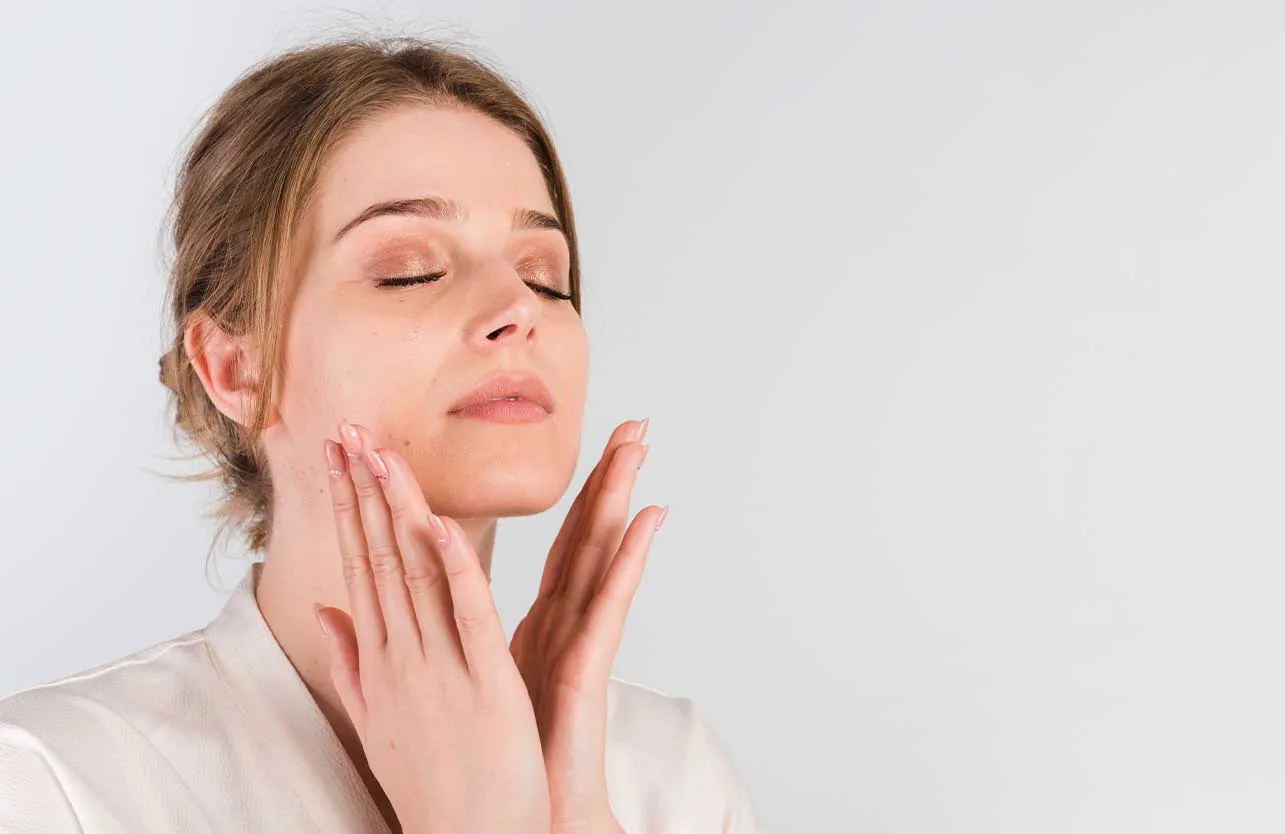Which Vitamins Are Effective for Skin Rejuvenation?
What Causes Skin Aging?
Skin aging is influenced by both intrinsic (chronological) and extrinsic (environmental) factors.
Main contributors include:
- UV radiation (photoaging)
- Free radical accumulation
- Collagen and elastin loss
- Hormonal changes
- Nutrient deficiencies and oxidative stress
Certain vitamins can slow, reverse, or protect against these processes through their cellular and antioxidant functions.
The Most Effective Vitamins for Skin Rejuvenation
Below are the most studied and dermatologically relevant vitamins for youthful skin:
1. Vitamin A (Retinoids: Retinol, Retinaldehyde, Tretinoin)
Mechanism of Action:
- Increases cell turnover
- Stimulates collagen production
- Reduces fine lines and wrinkles
- Improves acne scars and pore appearance
How to Use:
- Mostly applied topically at night (serum or cream)
- Must be used with SPF 50+ in the morning
Not recommended during pregnancy. Start with low strength to avoid irritation.
2. Vitamin C (Ascorbic Acid)
Mechanism of Action:
- Potent antioxidant against free radicals
- Brightens skin tone by reducing melanin production
- Enhances collagen synthesis
- Protects against sun-induced damage
How to Use:
- Best in morning serums (L-ascorbic acid 10–20%)
- Pair with sunscreen for maximal photoprotection
Light- and oxygen-sensitive—choose airtight packaging.
3. Vitamin E (Tocopherol)
Mechanism of Action:
- Neutralizes free radicals
- Strengthens the skin barrier
- Protects against environmental damage
- Soothes irritated or dry areas, especially around the eyes
How to Use:
- Can be used topically and orally
- Works synergistically with vitamin C
4. Vitamin D
Mechanism of Action:
- Regulates cell differentiation and immune responses
- Improves skin barrier and repair functions
- Beneficial in conditions like eczema and psoriasis
How to Use:
- Primarily through oral supplementation
- Synthesized naturally via sun exposure—but avoid excess UV
Deficiency can lead to dry, dull, or irritated skin.
5. B-Complex Vitamins (Especially B3 – Niacinamide)
Niacinamide Benefits:
- Reduces fine lines, redness, and sensitivity
- Controls sebum production
- Minimizes pores and evens skin tone
How to Use:
- Found in creams and serums
- Non-irritating and can be combined with other actives like vitamin C
6. Vitamin K
Mechanism of Action:
- Reduces dark circles and skin bruising
- Strengthens capillaries
- Useful post-laser and in under-eye formulations
How to Use:
- Topically in eye creams and soothing lotions
Routes of Vitamin Application
|
Application Method |
Suitable For |
Key Benefits |
|
Topical (serums/creams) |
A, C, E, B3, K |
Targeted, visible effects |
|
Oral supplements |
C, E, D, B-complex |
Systemic support |
|
Injectables (mesotherapy) |
C, B5, DMAE, CoQ10 |
Professional deep-layer action |
Effective Vitamin Combinations
- C + E + Ferulic Acid: Antioxidant synergy for UV protection
- Retinol + Niacinamide: Rejuvenation with reduced irritation
- Vitamin C + SPF: Daytime defense against photoaging
- Mesotherapy + Oral Vitamins: Internal and external synergy

